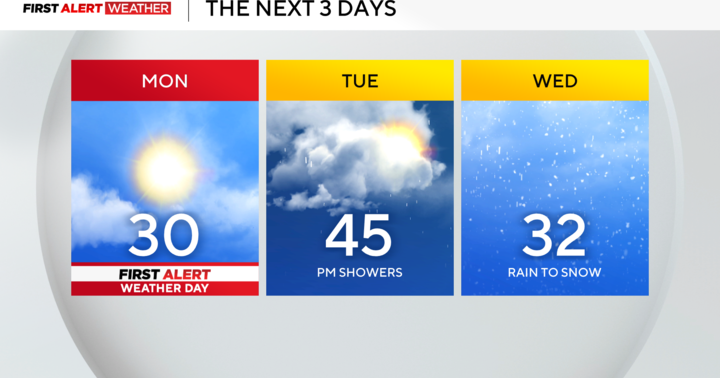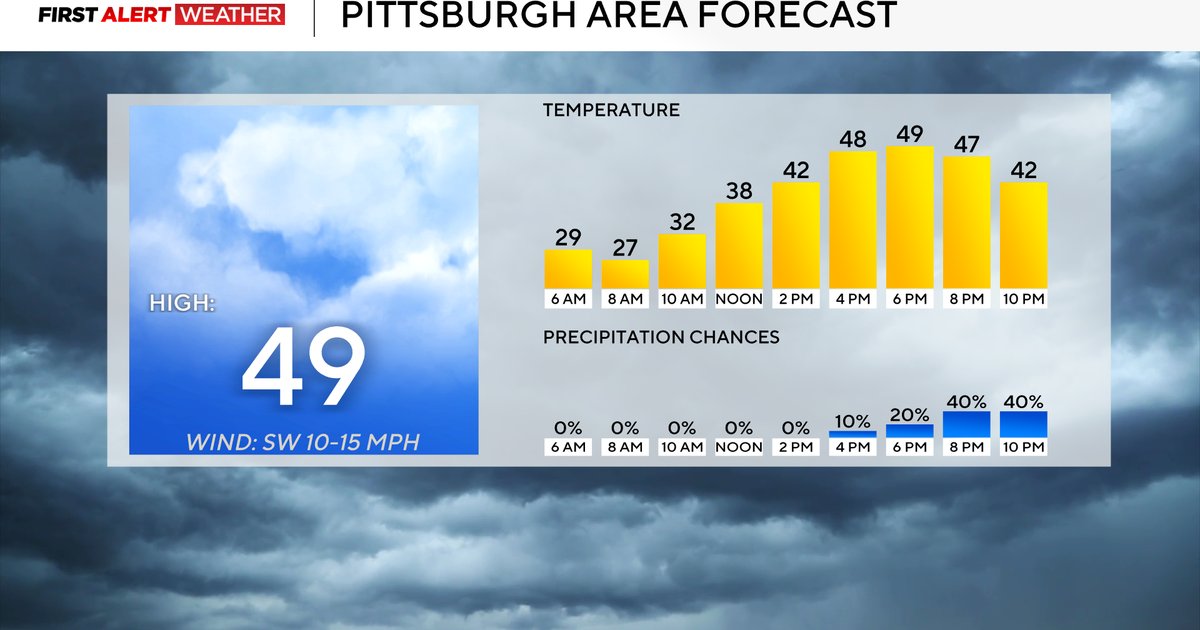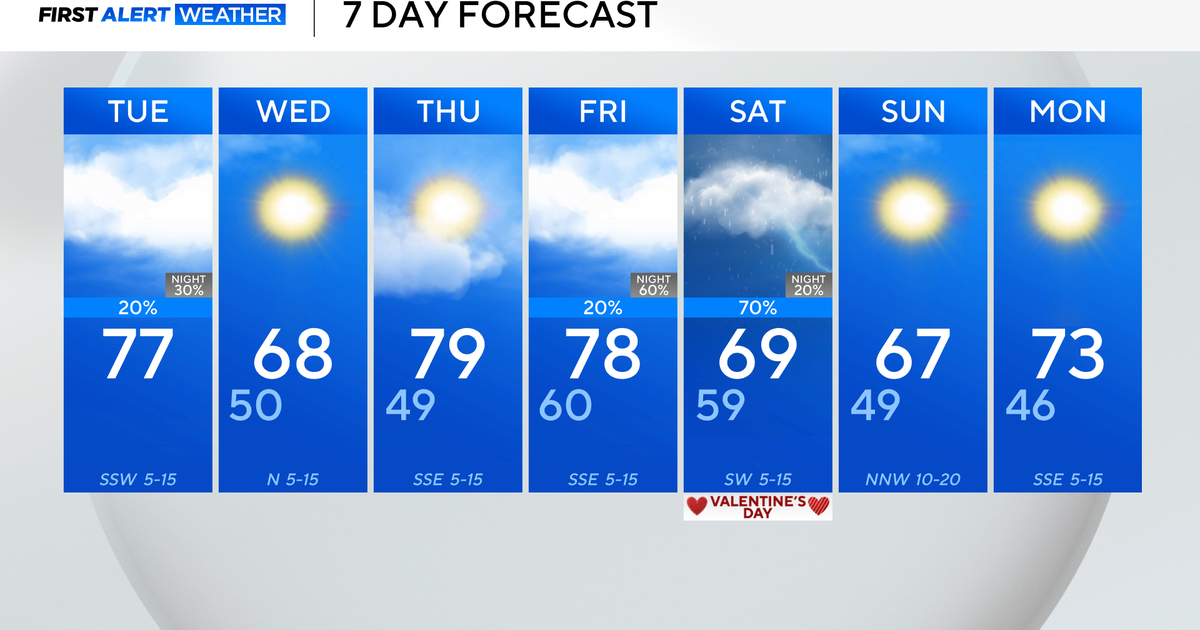Protecting Pets As The Temperature Drops
PHILADELPHIA (CBS) -- The New Jersey Office of Emergency Management wants everyone to keep their pets in mind during this cold weather and posted a PSA on Twitter that says "If you're cold, they are cold too!"
Winter weather can pose serious threats to pets' health.
The American Veterinary Medical Association (AVMA) recommends making sure your pet has had a recent wellness exam, especially because colder temperatures can worsen some medical conditions, such as arthritis.
A pet's tolerance to the cold varies based on their coat, body fat, activity level and general health.
According to the AVMA, pets with diabetes, heart disease, kidney disease, or hormonal imbalances (such as Cushing's disease) may have a harder time regulating their body temperature, and may be more susceptible to problems from temperature extremes.
Cats and dogs should be kept indoors in cold weather. Veterinarians say it's a common belief that cats and dogs are resistant to cold because of their fur, but it's not true. Pets, like people, can get frostbite and hypothermia.
Do a paw check. AVMA recommends checking pets' paws frequently to look for cracked pads or bleeding. If it's icy, ice can accumulate between their toes. You may be able to reduce the chances of that happening by clipping the hair in between your dog's toes.
If your dog has a shorter coat or is bothered by the cold, vets recommend keeping several dog sweaters or dog coats on hand.
Make sure whatever you do use is dry. Going out with a wet coat or sweater will make just make your pet colder.
During walks, your dog's paws, legs and belly may pick up anti-freeze, de-icers and other potentially toxic chemicals, so be sure to wipe down or wash those areas.
Experts also recommend leaving your pets at home. Cars can get cold fast in the winter, so pets should never be left in the car, even if you might only pop into a store for a few minutes.
Finally, make sure your dog or cat's weight is in a healthy range. Some pet owners feel that a little extra weight gives their pet some extra protection from cold, but the health risks associated with that extra weight don't make it worth doing.
Outdoor pets will require more calories in the winter to generate enough body heat and energy to keep them warm, so be sure to ask your vet about your pet's nutritional needs during cold weather.
For more information on how to keep your pets safe this winter, check out more tips from the AVMA by clicking here.







